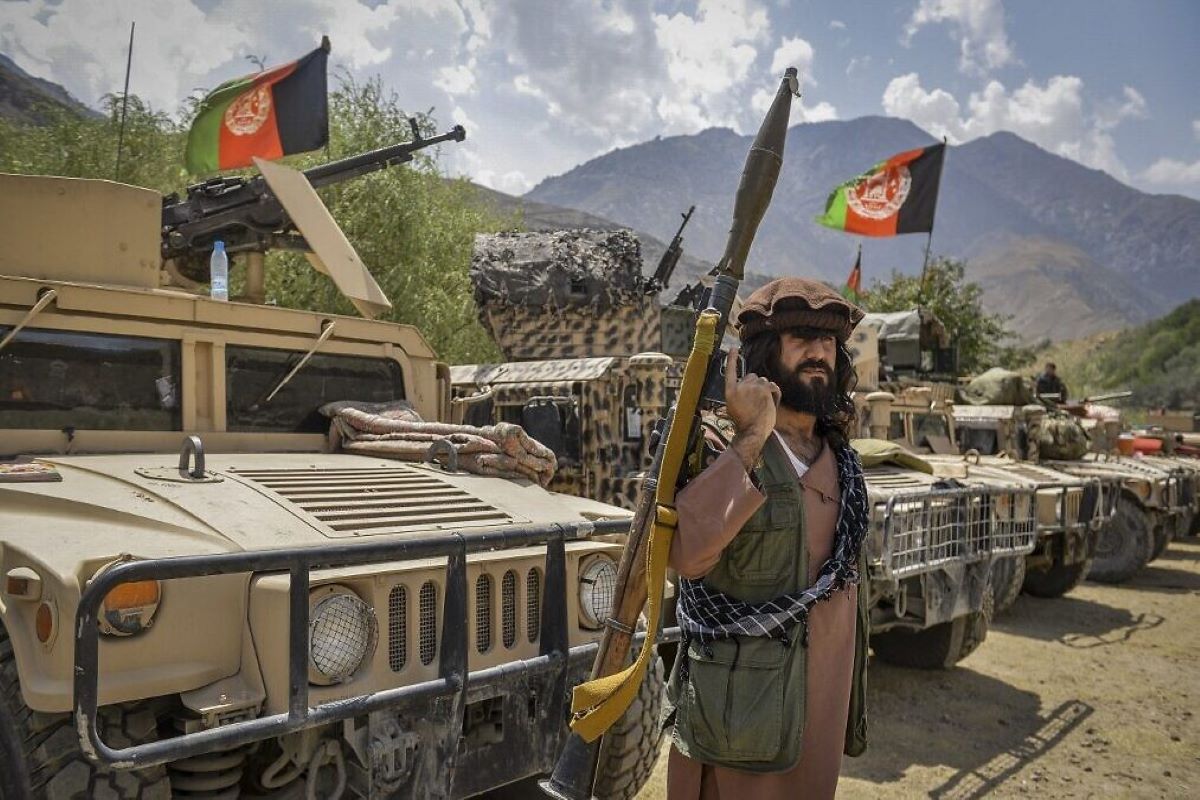As the Taliban today reportedly attacked the resistance forces in Panjshir Valley, the latter gathered in large groups, claiming it wants to pursue “pursue peace and negotiations before any sort of war and conflict starts”.
With Panjshir Valley having a record of resisting Talibani intrusion into the region, the Taliban has now set its eyes on the valley and have thrown an open challenge to the resistance fighters being backed by Amrullah Saleh, Afghanistan’s First Vice President (FVP) who earlier announced that in the absence of President Ashraf Ghani, he is acting as the president as per the norms.
Advertisement
The Taliban had announced on Sunday that hundreds of its fighters are heading towards the Panjshir valley, considered as the last pocket of resistance.
Hundreds of Mujahideen of the Islamic Emirate are heading towards the state of Panjshir to control it after local state officials refused to hand it over peacefully,” the group wrote on its Arabic Twitter account.
Meanwhile, Ali Nazary, of the National Resistance Front of Afghanistan, said that thousands of fighters had gathered in the region under Ahmad Massoud, son of the famed anti-Taliban leader, Ahmad Shah Massoud, BBC reported.
Nazary called on the Taliban to enter into “sincere” negotiations, saying Massoud’s forces were “ready for the resistance”.
“The National Resistance Front of Afghanistan believes that for any lasting peace, we have to address the underlying problems of Afghanistan. We cannot just continue the same pattern we have been seeing for the past 40 years or 100 years or 200 years in the country. The number one problem is the centralised political system in the country,” he said.
“Afghanistan is a country made up of ethnic minorities”, he said. “It is a multicultural state. It needs a power-sharing deal where everyone sees itself in power… If one political force, whoever it is, from wherever they come from, if they try to dominate politics it will just create the conditions for internal warfare and the continuation of the current conflict.”
In an article for the Washington Post last week, Ahmad Massoud pledged to “defend Panjshir as the last bastion of Afghan freedom” and called on Western nations to “aid the cause of freedom”.
…With IANS inputs











